Founder of BoF, Imran Amed visits Manila for a dialogue about the past, present, and future of the business of fashion
It was the year 2007 when the birth of Facebook and the first iPhone created a monumental impact on the world. Consequently, in the same year in London, Imran Amed started a blog about the intersection of fashion and business— then the business of fashion was never the same.
Imran Amed, hailing from Canada with Indian roots, is the founder and Editor-in-Chief of the Business of Fashion (BoF). This independent, agenda-setting journalistic platform provides an array of resources—from business guidance and online courses, to career advancement tools and dynamic events that make a significant impact in the fashion world and beyond.
On His Terms
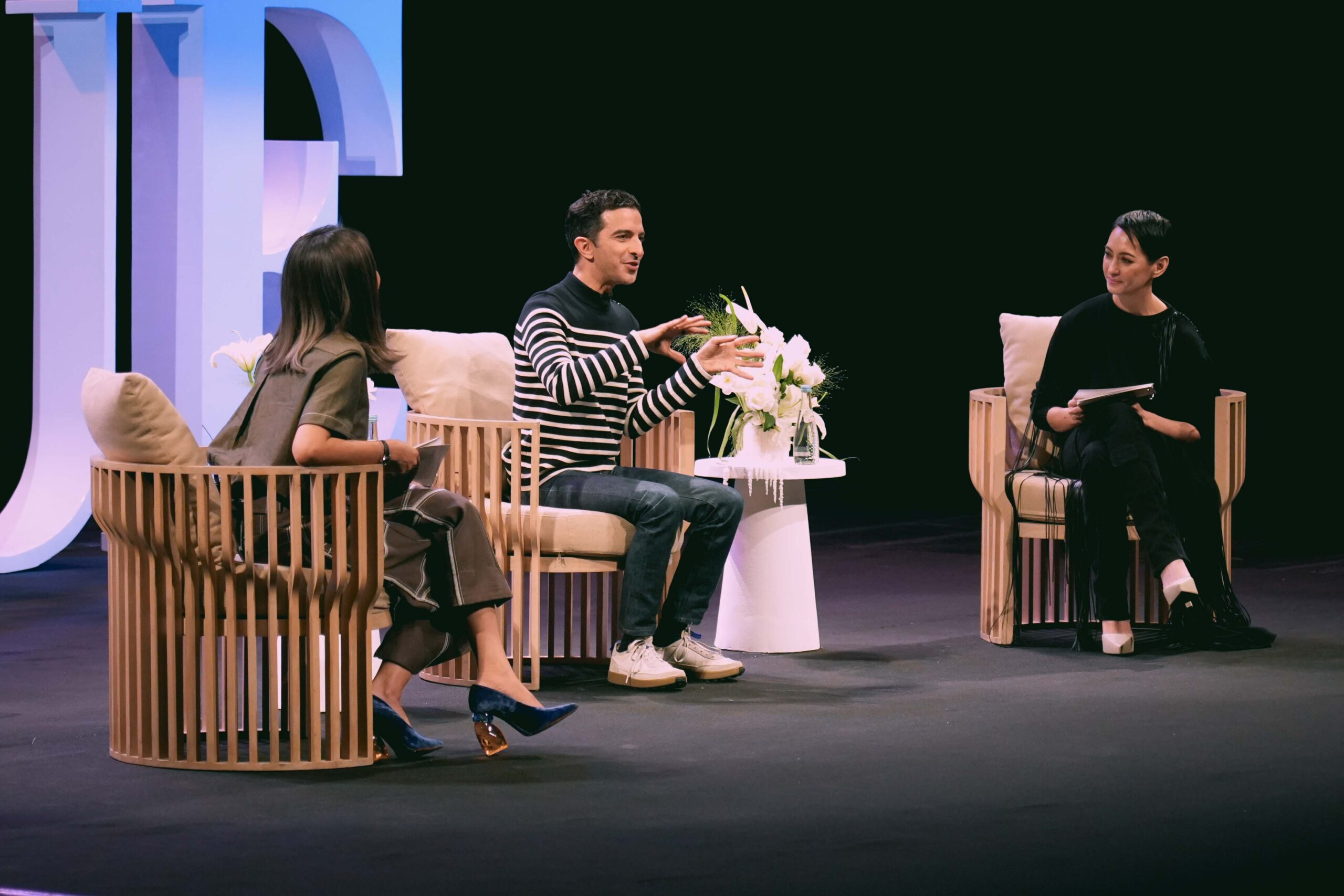
As designer brands came under corporate control, Amed emphasized that his goal wasn’t to build a media business; it was to create a safe space for idea-sharing and dialogue about how various industries shape fashion. Early on, he noticed that the business community didn’t take fashion seriously, seeing it as a small, insignificant industry. However, the true issue was a lack of understanding. According to Amed, fashion is worth more than its glamour—$2.6 trillion to put its value into numbers. For the entrepreneur, it’s a system that relies on data, numbers, analysis, and research.
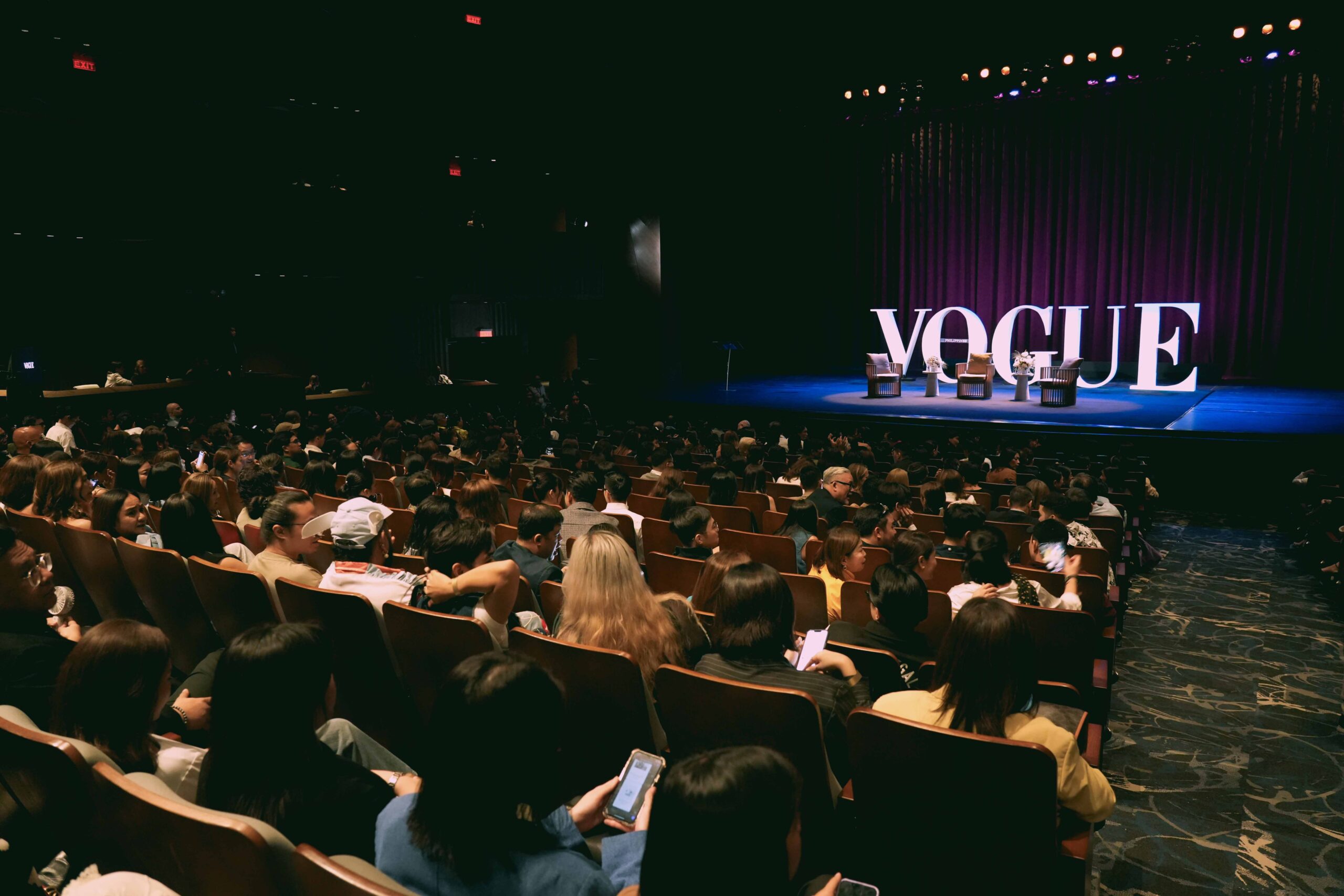
BoF initiated a new kind of discourse in the fashion industry, exploring the pivotal forces behind its ongoing transformation and expansion. It presented an insightful analysis of how fashion’s retail and manufacturing footprint affects the entire globe.
A Sense of Purpose
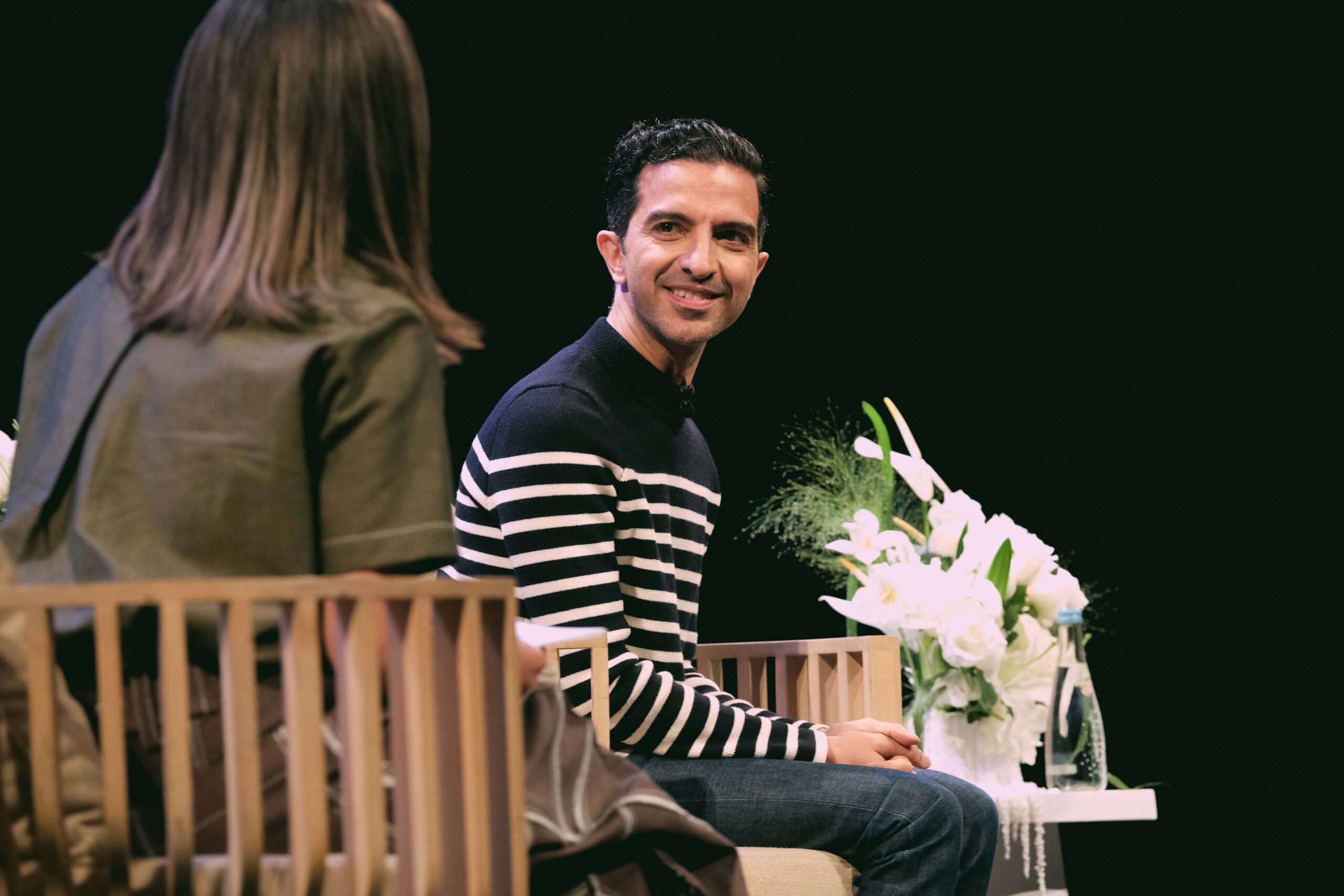
BoF’s success in journalism stems from nurturing young people’s passion—a focus Amed revisited during BoF’s inception. The corporatization of fashion shifted focus away from young creatives, leading to a decline in industry enthusiasm. Amed emphasized the importance of nurturing passion: “Your passion is the thing you thought about before anyone told you what to do,” he said.
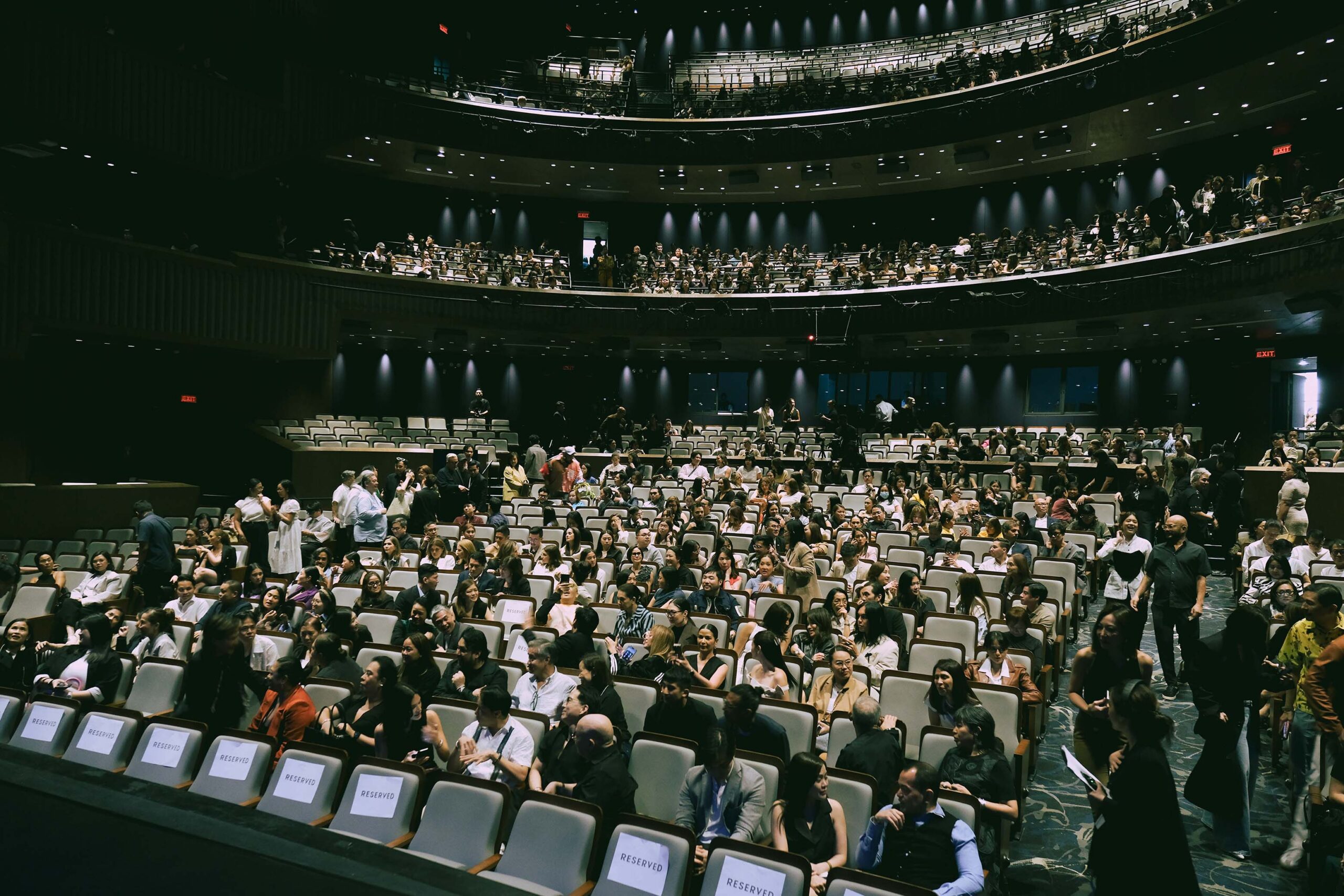
Fine Line
In an exclusive interview with MEGA Magazine, Amed discussed the significant impact Asian consumers have had on the fashion industry through their unique self-expression, sophistication, and thoughtfulness. “If you look at how Japanese people dress, there’s so much self-expression, and they’re so discerning about everything. They really care about quality. They really care about uniqueness,” he noted. “Chinese customers are super sophisticated. They are buying Chinese designers because they see value in buying something that represents who they are; but they also want something different.”
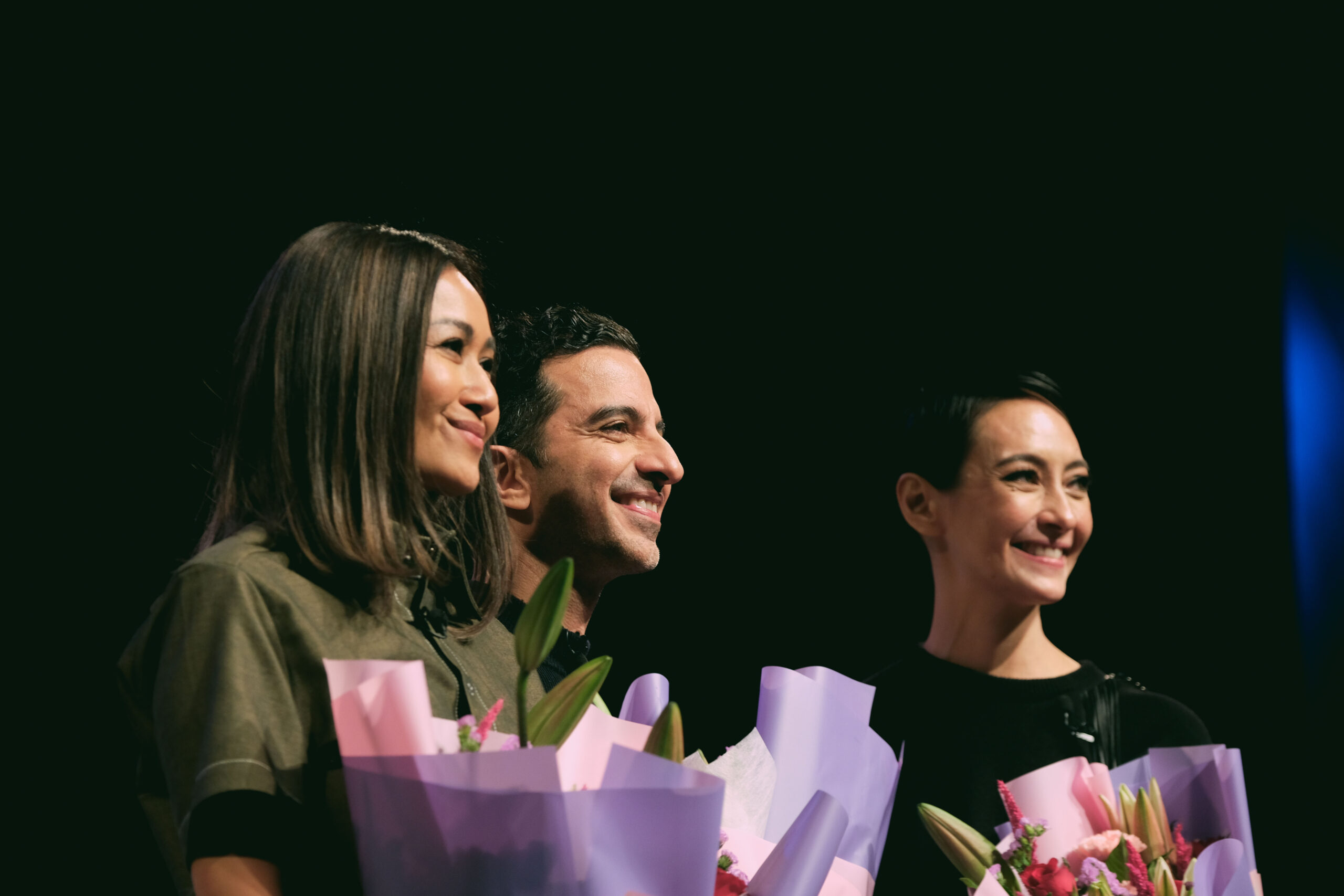
Amed, of Indian descent, acknowledged the colonization of India and the Philippines, emphasizing that each country’s culture and markets are big and unique enough to stand independently. While the West—particularly Europe that is home to a number of fashion houses—have immense impact to their Asian clientele, there is a need to connect with one’s own culture. And fashion, indeed, plays a role in shaping it.
As the Philippines has proven time and again, local design showcases good craftsmanship, reflecting artisans’ skills. Yet, culture can only thrive through design if preservation with evolution is the mission. As countries innovate fashion, maintaining certain traditional crafts is vital since lost they are difficult to recover or even replicate.
As part of its inclusive initiative, BoF’s journalism covers both prominent brands and new designers, promoting sustainable brand conversations.
Face the World

Today, Asian consumers make thoughtful fashion choices that reflect their identities and values, seeking distinctiveness over replicated Western designs. This shift underscores the influence of globalization and even technology, putting Asia at the forefront of the evolving sartorial dialogue. More than a personal choice, it’s the assertion of identity that gives gravity to the participation of the Asian market in the world of fashion.
“There’s this idea that customers develop, someone once called it the discernment curve,” he explains. “So when a customer first starts engaging with luxury fashion, they’re interested in logos or status, but over time customers are looking for something unique, special or discreet.”
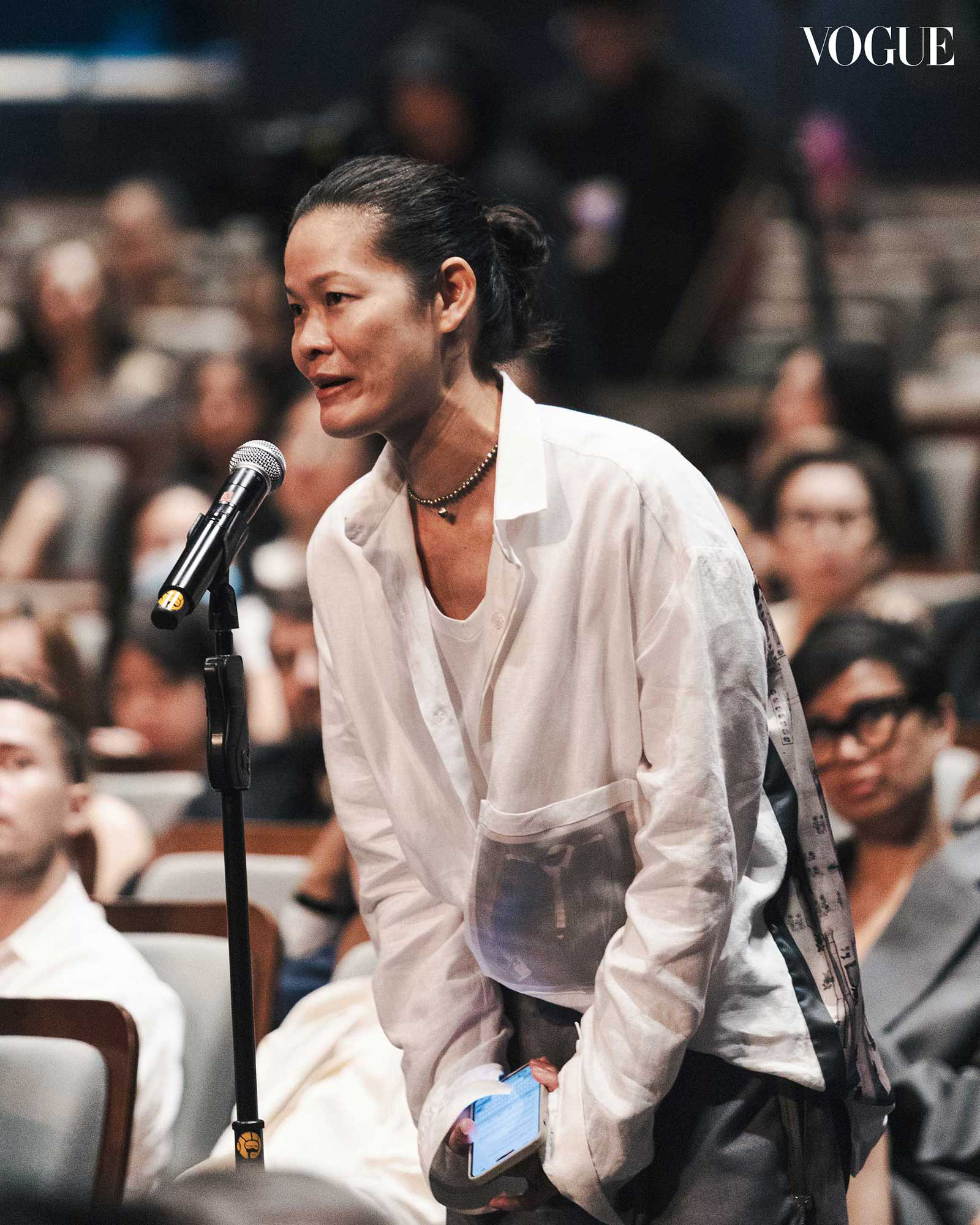
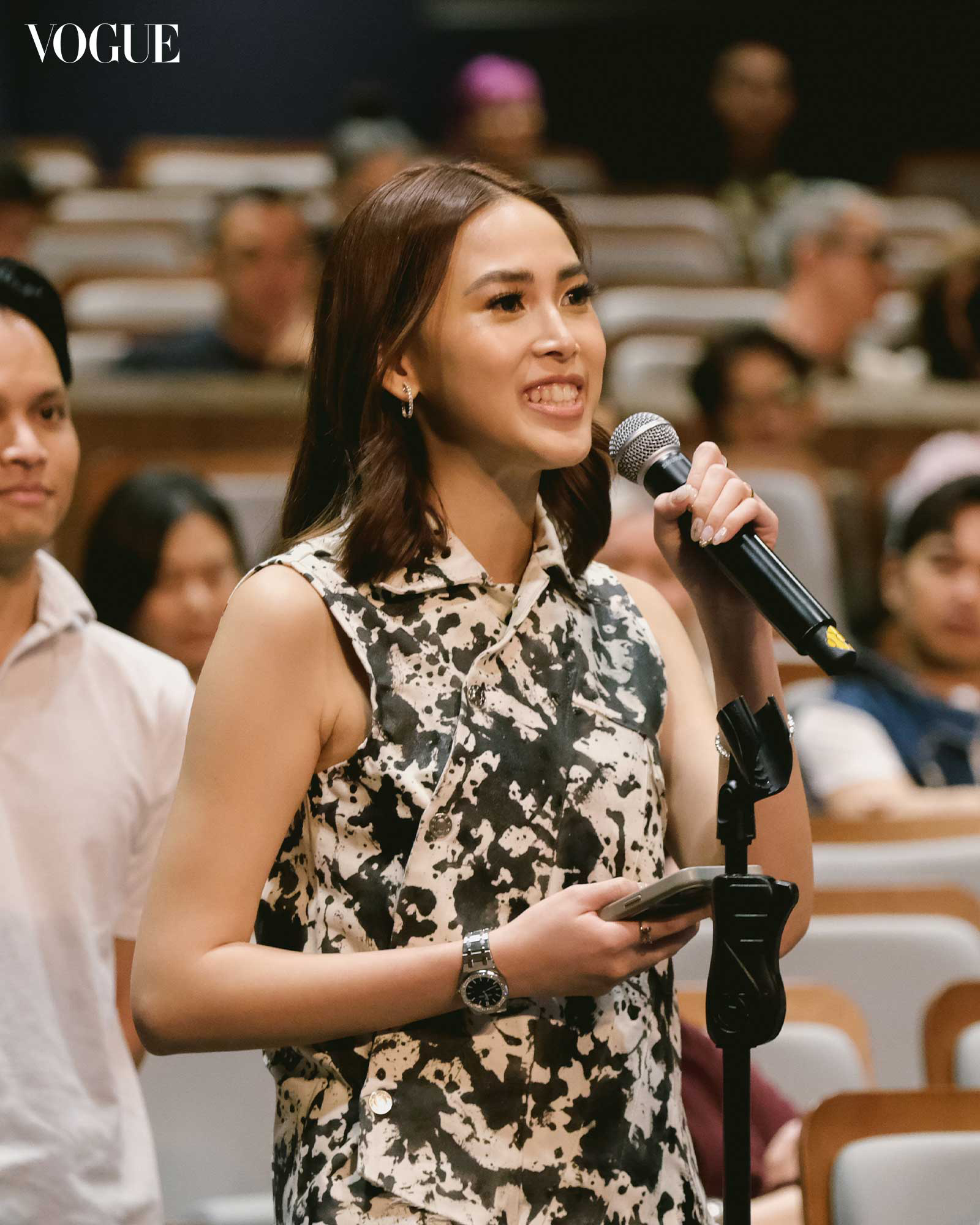
Youth Power
Amed also emphasizes the need for better communication between creatives and business professionals in fashion. He points out the dichotomy in Gen Z’s behavior, where their climate crisis awareness doesn’t always match their purchasing habits. “I think there’s sometimes a misalignment between the values that the Gen Z purports to have, and the real actions and behaviors that they show when they buy clothes,” Ahmed states. “When you see the emergence of ultra-fast fashion companies, affordability is there, but who makes those clothes? Under what conditions, with what materials, and with what impact on the environment?”
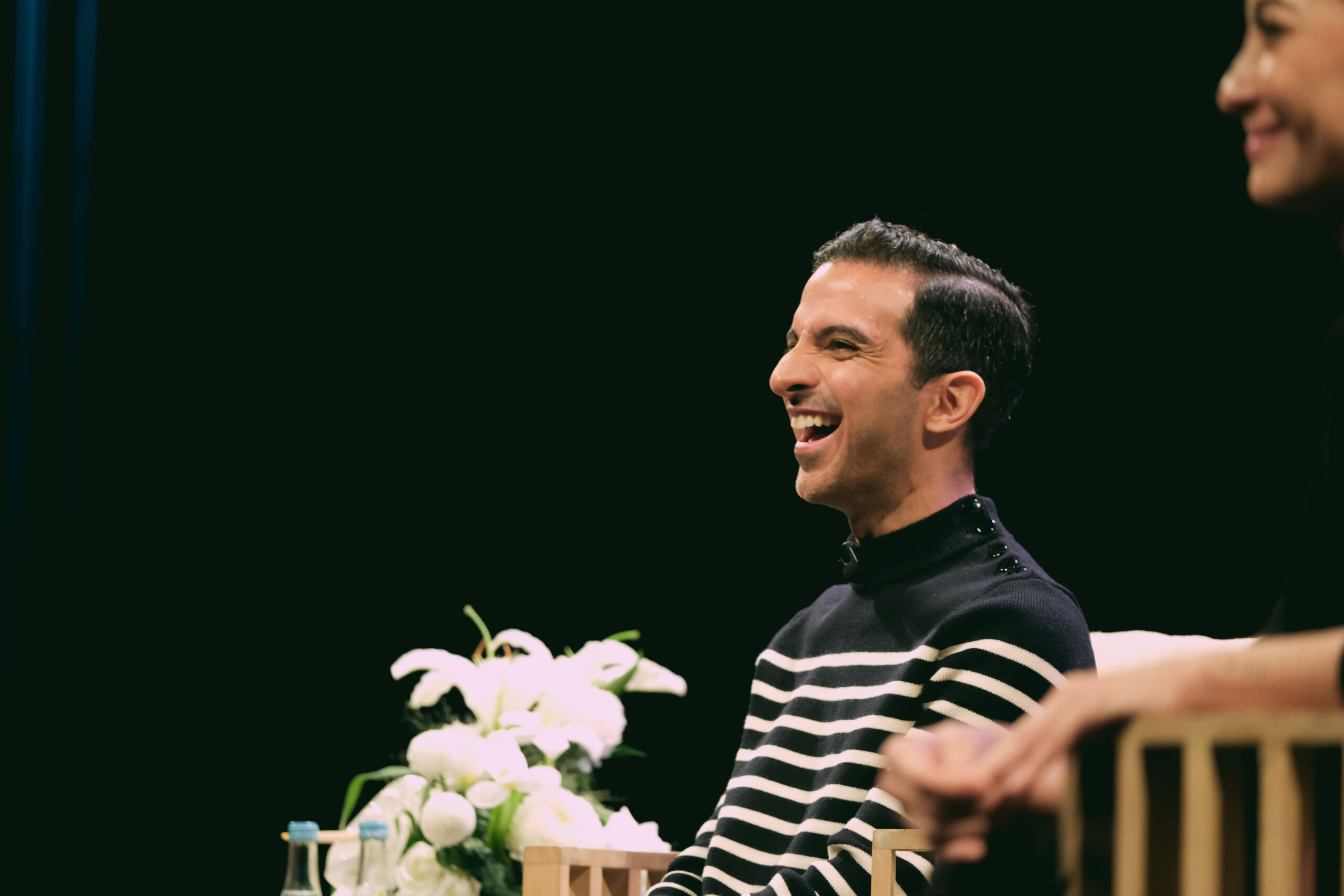
Despite this, the current generation can still profoundly shape fashion decisions, guided by inspiring industry voices. Amed sees young people as a powerful force, driving meaningful conversations and inspiring further industry dialogue. “That’s why we always aim to include those voices in our reporting and in our events because I find them really inspiring,” he says.
Now in 2024, the Business of Fashion has ignited conversations on numerous critical topics, leading to more issues and dialogues. As the world progresses and ideals change, the fashion industry’s reality is becoming more democratized, allowing Filipinos from across the archipelago and the globe to participate. Given the Philippines’ current position, the dialogues we initiate now will be more crucial and diverse than ever before.
Photos courtesy of VOGUE PHILIPPINES
The post EXCLUSIVE: Imran Amed Gets Real About the Dichotomy of Gen Z’s Consumer Buying Habits appeared first on MEGA.
EXCLUSIVE: Imran Amed Gets Real About the Dichotomy of Gen Z’s Consumer Buying Habits
Source: Insta News Pinoy

0 Comments